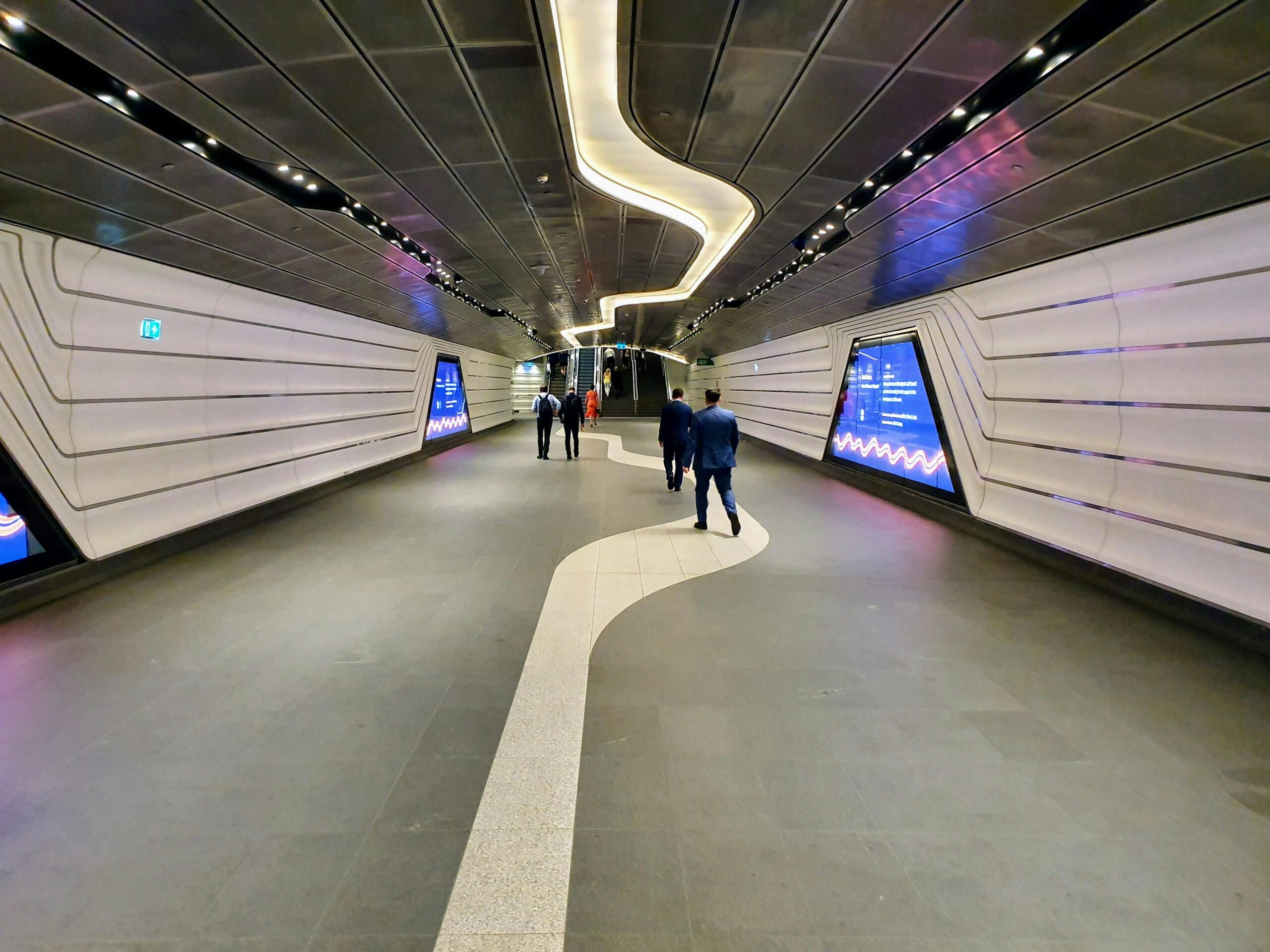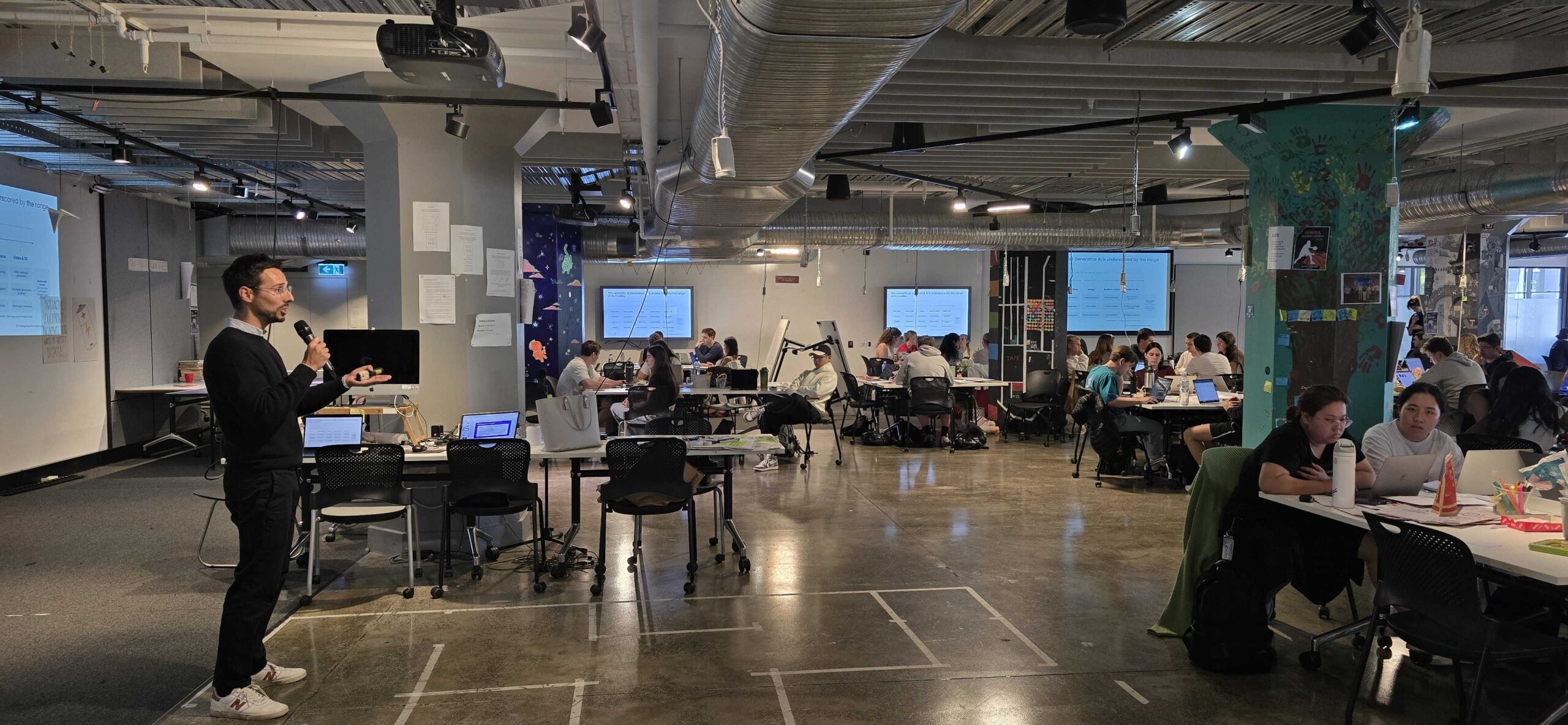Is the value proposition that has worked for so long now no longer relevant, or is it just poor performance by the company?
Lego has just suffered its worst financial performance in more than a decade, forcing the Danish toymaker to declare it would overhaul its entire organisation and cut 1,400 jobs, according to the Financial Times.
On the one hand it is difficult to understand how Lego has survived so long in the face of competition from screen-based entertainment. After all, when it all boils down, Lego makes plastic blocks with bumps on them. And the blocks in themselves don’t “do” anything. Nothing swipes. Nothing moves. Nothing plays music or talks to you. The blocks are not IP-enabled, nor are they filled with artificial intelligence.
But perhaps that has been the saving grace of Lego. It’s not about the product – it is about the experience. It’s about helping your son or daughter follow the instructions to build something that delights them out of pieces of plastic. It is about going together to a toy store to choose the present and hunt through the various boxes on the shelf. It’s about seeing the excitement in the 5-year old grandson when they open the wrapping to uncover the latest Lego character partnership.
Is the “Lego experience” in itself enough to keep a company making plastic blocks in business?
Our hypothesis is “yes it is, but”… it will need corresponding leadership that can weather the storm in the face of disruption. Jorgen Knudstrop, CEO for sixteen years, and now executive chairman, is still really at the helm in his role, and the company has already churned through one CEO who lasted only eight months. Knudstrop himself talks of the company as an organisation that had become overly complex with too many management layers and overlapping jobs. “Suddenly the consumer, the shopper, the retailer is a bit too far from the top management,” he said.
Why is it that the traditional corporate culture and structures continue to stifle innovation and customer centricity?
It took Lego years to bring back a focus on the customer “the child” – and they did so very successfully using partnerships and Design Thinking – empathy with the child who uses the product. We believe that none of this has changed, and that the “Lego experience” is second to none, even (especially) in the frenetic digital age. However we also believe that a company with a strategy from the inside-out rather than from the outside-in, one where the customer (the child and the parent) is ignored because of internal politics and focus, is doomed to failure.
Contrast Knudstrop’s remarks around the lack of customer focus to Amazon CEO Jeff Bezos’ incessant focus on the customer. Bezos would be appalled to hear comments from an executive chairman that any company, let alone Lego, has distanced the customer “too far from the top management”. At least Knudstrop’s remarks show he is aware of the need to re-focus the business on the customer. The question is, what is he going to do about it?
Lego might indeed fail. If so, it would be a catastrophe – not only from the company’s perspective, but also from the delightful experience that children all over the world are having when the parent or grandparent hands them the new, unopened Lego box and they proceed to construct something amazing out of almost nothing.
So, what is our advice to Knudstrop? Here it is:
- An organisation that is removed from the customer experience is totally unacceptable. If there are barriers to anything but total dedication to the customer, then remove those barriers from the company
- Remember you are now Executive Chairman, not CEO. Act as Chairman.
- Revolving door CEOs are not good for the company. Choose carefully and ensure potential CEOs are totally committed to the customer experience. The rest will fall into place
- Stay close to the needs, gains and pains of the customer. These are changing all the time as the customer changes, so it’s not an occasional job. Lego, one way or another, needs to keep the Lego experience in sync with the changing needs of the customer. So stay close to the customer’s needs – you may find that Lego just has to change in order to stay afloat
- What got Lego here may not get Lego there. Mr Knudstrop – what will?
- Don’t hide behind corporate speak such as “this is a sort of one-off, big move”. People are not stupid
- Words such as “focus on our cost base and seek constant opportunities for optimization” means a period of uncertainty and shrinkage. As one famous individual said “You can’t shrink to greatness”
- Be relentless about Lego’s value proposition. It is not about the cost of the product. It is about the experience. Never, ever lose sight of that.
Let’s hope that the Board and the new incoming CEO can get their house in order by truly re-focussing on the customer. Let’s also hope that this house re-instates the magic that Lego brings to the world rather than being just a house of plastic bricks waiting to be blown over by the technology-driven, IP enabled, wolf.
If you’d like to talk about how best to ensure your organisation stays focussed on the customer, please contact us on contact@thestrategygroup.com.au












